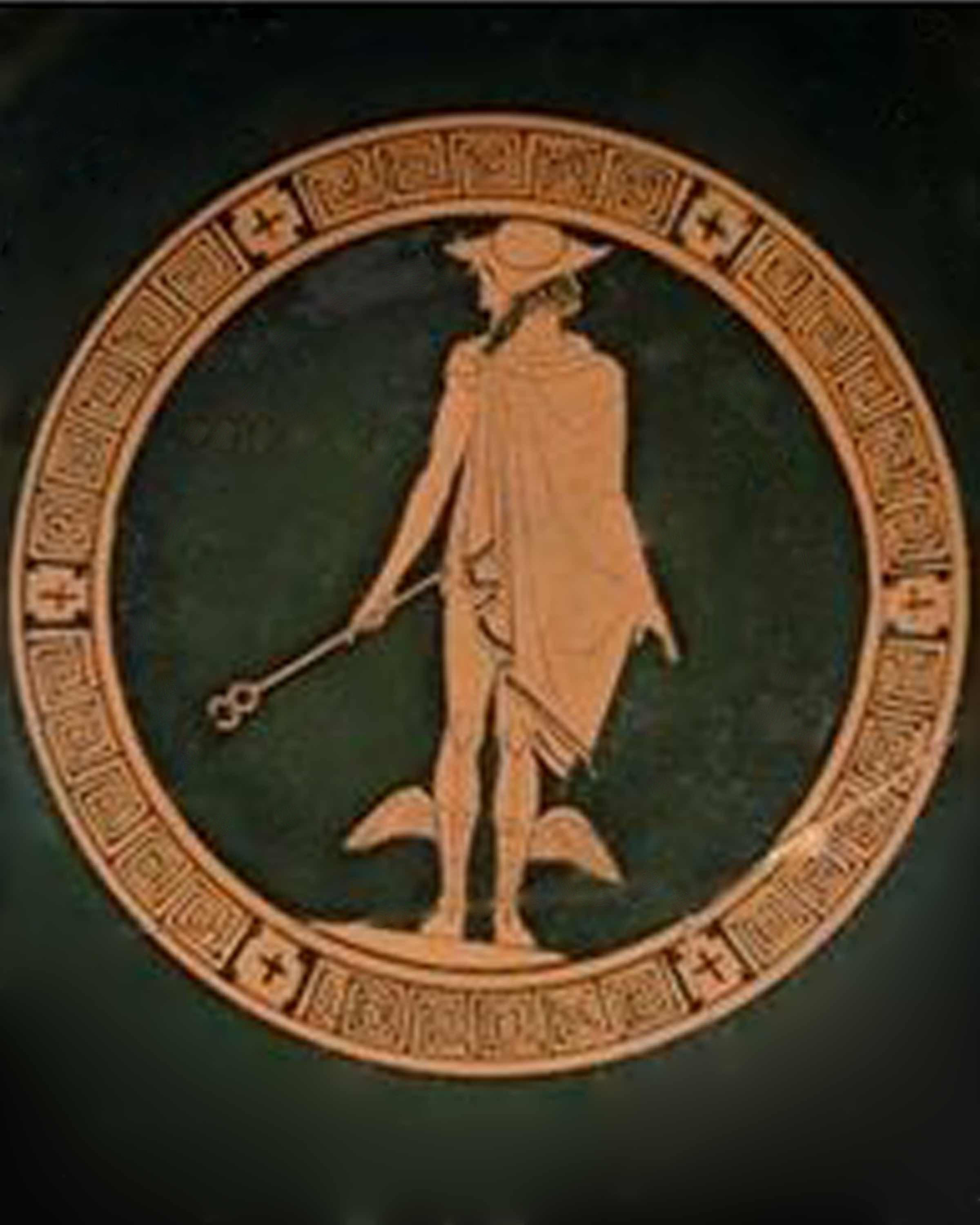Ethics
This section on Tarot Ethics is in development for a telecourse that may be offered. Times and fees for this course still need to be determined. If you have any interest be sure to inform me so you'll be consulted during the final planning stages.
My teaching style is Socratic, more conversational than inquisitional. Together we explore as equals these ideas, and each person's developing understanding is a gift to all discussants. I like to call this study collegial as each person comes with deep wisdom to share. Likewise the tarot is a participant at all levels of our inquiry and discovery, so each teleclass will give us unexpected vistas and possibilities.
As now envisioned the teleclass will be in three distinct parts. The first part is foundational for the other two parts that are independent of each other.
Part One is an exploration of applied ethics to learn some useful distinctions that can be put into practice in our everyday life as well as our tarot deliberations. We will read Bernard Gert's Common Morality, developing some clarity about ethical decision making. In addition we will use some symbolic ways of reading tarot to explore his text so we will be studying this rational philosophical text is an oracular way.
Among Gert's contribution is his 10 rules. We will especially study them as a touchstone to our shared exploration of refining our own ethical vision.
Part Two will be to apply our understanding of tarot and ethics to some codes of tarot ethical and professional conduct. We will look at several and critique them, according to our own emerging understanding of what tarot is and what ethics is, finding our own way to develop for ourselves our own statement of ethics. As with Part One we will consult the tarot as part of our inquiry into our emerging ethical codes.
Part Three, which likewise depends upon Part One as foundational, will apply our understanding of ethics to the meaning of the symbolic elements of the Tarot. As in the other parts we will continue our oracular dialog with the tarot as we explore its symbolism likewise we will return to Gert's views to maintain a generally common focus.
We will explore a fourfold and fivefold scheme based upon the traditional elements and tempers to see how they characterize ethical concern and decision. Likewise we will explore the ethical dimensions of tarot numerology. We will look at common images that appear in the decks. We will examine the Kabbalah Tree of Life, the pips correlation with ten commandments, as well as the Court Cards and issues of family and lifecycle ethical emergence.
And we will, if interest does not flag, attempt to divine explicit ethical issues each card may intimate as well as some common combinations that come up that seem suggest common areas of character and behavior.
Since this class is exploratory, opened-ended, subject-driven, not schedule-driven, many exciting, surprising discoveries are likely to emerge, and, if we are diligent with our note keeping, I foresee several books and articles and other creative projects emerging from the process.
Tarot Ethics
There are several levels of tarot ethics. The first level of tarot ethics is to be reasonably clear about what tarot is historically and mythically for yourself and your client. When teaching an introductory tarot class, one should be honest about the true history and development of the tarot as an aid in life discrimination as well as the limits and potentials of divination in general.
There is a level of ethics for tarot readers as professional practice guidelines and a more general stipulation of tarot ethics for the practice of hobbyist tarot readers. These guidelines should be clearly posted for clients to consult. The ones I have currently posted are clearly derivative of the standard professional codes. At some point I hope to offer a course of study that will lead to a personal revision and critique of current codes.
There are professional codes of ethics and many conscientious readers have devised their own. Of the codes of ethics I example on the right James Ricklef, Silverlotus, Beth-Owl's Daughter, and Donnaleigh show effort at rethinking for themselves the now three more common codes of the ATA Code of Ethics the TCBA Client Bill of Rights, and Tarot Professionals (Tarosophy) Code of Ethics.
The Tarot cards symbolically address ethical issues.
When reading the tarot cards, each card carries with it an ethical implication that may or may not be appropriate to a particular reading.
One can say that each card has a prohibitive and beneficial ethical dimension. The prohibitive ethical dimension is what one is forbidden to do because it causes self or other harm. The beneficial ethical dimension suggests positive steps to enhance the general good of self and others. Ambiguities and conflicts can easily arise as the cards are laid out.
Related resources
Professional Ethics for Tarot Readers
Tarot Certification Board of America Client Bill of Rights
James Ricklef's Code of Ethics
Gert's 10 Rules Toward a Common Morality
Ethical questions in the cards and combinations
